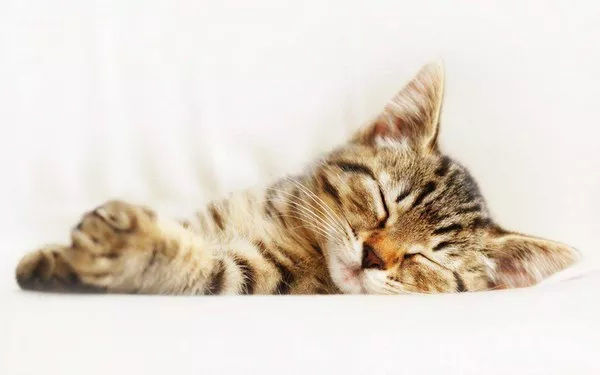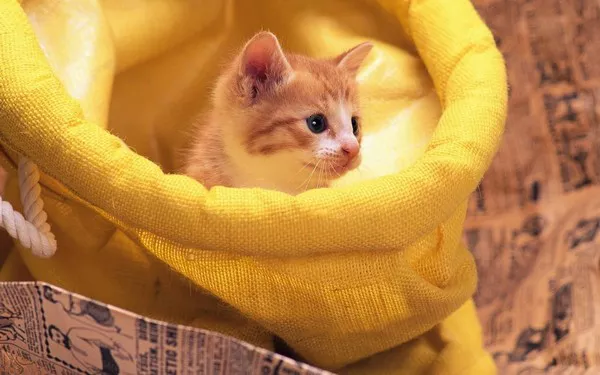Bengal cats are a relatively new breed of domesticated cats that have been selectively bred to have a wild-looking appearance. They are a highly energetic, intelligent, and affectionate breed, making them a popular choice for many cat lovers. However, Bengal cats also require a significant amount of attention and care, which can be overwhelming for new pet owners. In this article, we will discuss some of the special care needs of Bengal cats and how to properly care for them.
Dietary Needs
Bengal cats have specific dietary requirements that must be met to ensure their health and wellbeing. A high-quality, protein-rich diet is essential for this breed, as they require a significant amount of energy to maintain their active lifestyle. It is recommended to feed Bengal cats a diet that is high in animal-based proteins, such as chicken, turkey, and fish. Avoid feeding them foods that contain grains or fillers, as these can lead to digestive problems and other health issues.
Bengal cats are also prone to developing urinary tract problems, so it is crucial to ensure they are adequately hydrated. Make sure your Bengal has access to clean, fresh water at all times, and consider feeding them wet food, which can help keep their urinary tract healthy.
Grooming Needs
Bengal cats have a unique coat that requires special attention when it comes to grooming. They have a short, dense coat with a soft undercoat, which means they shed moderately year-round. Regular brushing can help reduce shedding and keep their coat healthy and shiny.
It is also essential to keep their nails trimmed, as they are prone to scratching furniture and other surfaces. Invest in a quality scratching post and train your Bengal to use it regularly.
Health Concerns
Bengal cats are generally healthy and robust, but they are prone to certain health issues that owners should be aware of. The most common health problems in Bengal cats include:
- Urinary tract problems: As previously mentioned, Bengals are prone to developing urinary tract problems, such as infections and blockages. Symptoms of urinary tract problems include urinating outside the litter box, straining to urinate, and blood in the urine. If you notice any of these symptoms, contact your veterinarian immediately.
- Hypertrophic cardiomyopathy: This is a genetic heart condition that affects Bengal cats and can lead to heart failure. Symptoms of hypertrophic cardiomyopathy include difficulty breathing, lethargy, and coughing. Regular check-ups with your veterinarian can help detect this condition early.
- Progressive retinal atrophy: This is an inherited eye disease that can cause progressive vision loss in Bengal cats. Regular eye exams with a veterinarian can help detect this condition early.
Behavioral Needs
Bengal cats are highly intelligent and active cats that require a lot of mental and physical stimulation. They are known for being curious and playful, and they need plenty of opportunities to play and explore. Providing them with interactive toys, puzzle feeders, and playtime with their owners can help satisfy their need for mental and physical stimulation.
Bengals are also social cats that enjoy the company of their owners and other cats. Consider adopting another cat or providing your Bengal with regular playdates to help fulfill their social needs.
In conclusion, Bengal cats are a unique and rewarding breed that requires special care and attention from their owners. Proper nutrition, grooming, and regular check-ups with a veterinarian can help keep them healthy and happy. With proper care, a Bengal cat can make a loving and affectionate companion for many years to come.


























